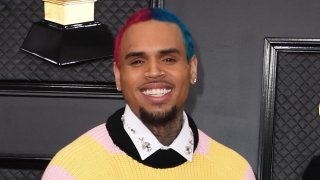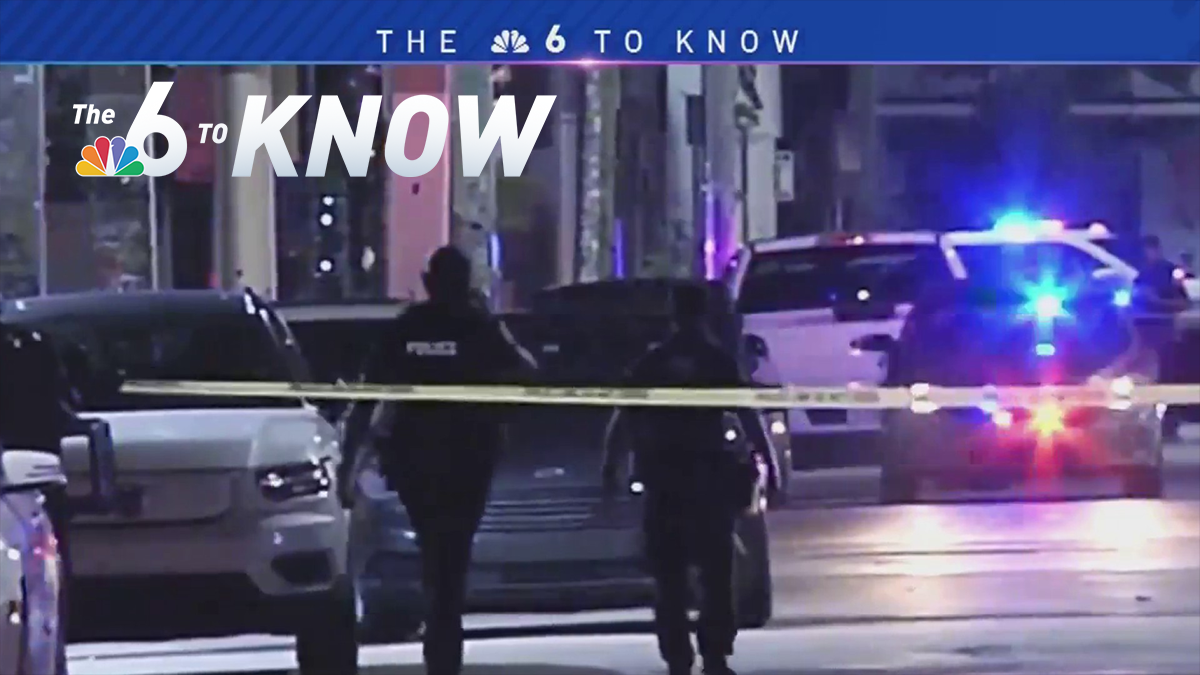
Rapper Chris Brown and arrives for the 62nd Annual Grammy Awards on Jan. 26, 2020, in Los Angeles.
The owner of an exotic animal breeding business in Florida has been sentenced to five years' probation for illegally selling a capuchin monkey to singer Chris Brown.
A federal indictment doesn't name Brown, only identifying the buyer as a celebrity in California, but key details match an Associated Press report that wildlife agents seized the singer's pet monkey after serving a search warrant on his Los Angeles home in early January 2018. Brown also was identified in court Wednesday at the sentencing hearing in Florida for the monkey breeder, Jimmy Hammonds.
Watch NBC6 free wherever you are
Wildlife agents moved in after Brown shared a picture of the capuchin monkey with millions of his followers on Instagram. Prosecutors later dropped charges of possessing the monkey without a permit after Brown agreed to forfeit his rights to Fiji and pay $35,000 for the monkey's care.
As for the monkey breeder, a federal judge in Tampa on Wednesday ordered Hammonds to pay a $90,000 fine to a fund operated by the U.S Fish & Wildlife Service. Also, he has to serve eight months of his probation in home confinement.
Get local news you need to know to start your day with NBC 6's News Headlines newsletter.
According to the indictment, Brown paid $12,650 to Hammonds, who operated The Monkey Whisperer Ranch in Parrish, Florida. Under both Florida and California laws, it is illegal to transfer a capuchin monkey without a permit.
Hammonds pleaded guilty to conspiracy and three counts of violating the Endangered Species Act. Prosecutors said he also illegally sold endangered cotton-top tamarins to buyers in Alabama, South Carolina and Wisconsin while trying to disguise the sales.
Prosecutors had argued that Hammonds deserved more than a year of prison, citing the need to deter others from committing similar crimes.
Local
“In addition to licensed money breeding activities, Hammonds frequently sold monkeys on the black market," they said in court papers. “Hammonds engaged in illicit business practices or schemes that involved a pattern of repeated illegal conduct."
Hammonds' lawyer described him “a hard working, law abiding member of the community" who helped people deal with alcohol addiction, and said none of the monkeys were treated inappropriately or caused any “adverse effects" on the ecosystems involved.



